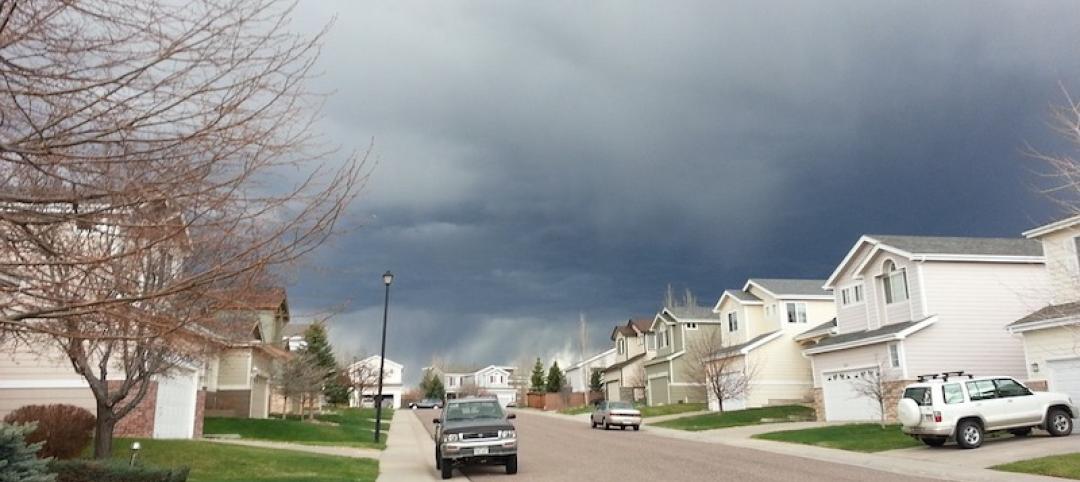The City Council of Cambridge, Mass., approved the Building Energy Usage and Disclosure Ordinance (BEUDO) that requires benchmarking and disclosure of building energy performance for large commercial, institutional, and multifamily buildings. Nine other U.S. cities—Austin, Boston, Chicago, Minneapolis, Philadelphia, New York City, Seattle, San Francisco, and Washington, D.C.—along with two states and one county have enacted similar laws.
Cambridge’s new ordinance addresses energy and water use in commercial and institutional buildings that are 25,000 sf or larger, along with multifamily buildings that have 50 or more units, and municipal buildings over 10,000 sf. Owners must annually benchmark and report their properties’ energy use, water use, and building information using the U.S. Environmental Protection Agency’s (EPA) Portfolio Manager tool.
The ordinance will be phased in for various building types and sizes, with municipal buildings reporting their data by the end of 2014. Starting in the second year of reporting, data collected will be disclosed annually through a public web site.
(http://www.imt.org/news/the-current/cambridge-mass.-passes-energy-benchmarking-ordinance)
Related Stories
Codes and Standards | Aug 9, 2019
Cities modify density zoning to spur more affordable housing projects
Solutions include eliminating single-family zoning and allowing taller apartments in higher-density zones.
Codes and Standards | Aug 8, 2019
More designers focusing on acoustic properties of buildings
Recognition that structures should be acoustically satisfying.
Codes and Standards | Aug 7, 2019
Illinois law makes all single-occupancy restrooms gender-neutral
All must comply by January 1.
Codes and Standards | Aug 6, 2019
New technology, aligning training with local trends among keys to workforce development
Construction industry must also invest in training, recruiting high school students.
Codes and Standards | Aug 1, 2019
Planners, city official rethink parking requirements on new projects
Reducing number of parking spots frees up land for ‘more purposeful’ uses.
Codes and Standards | Jul 31, 2019
USGBC-LA chooses first ‘Net Zero Accelerator’ technologies
Wide range of solutions address numerous environmental challenges.
Codes and Standards | Jul 30, 2019
Solar brokerage will provide financing for small/medium businesses
First to fund solar for smaller-scale commercial operations.
Codes and Standards | Jul 29, 2019
ASCE group unveils structural safety database
Confidential reporting on structural failures, near misses, and other incidents.
Codes and Standards | Jul 26, 2019
Floating landscape infrastructure wins top ASCE innovation prize
Climate resiliency a key theme of entrants.
Codes and Standards | Jul 24, 2019
New York making slow progress on resiliency seven years after Hurricane Sandy
Property owners face many challenges; coastal defense project plans are complex and need more time to plan.

















